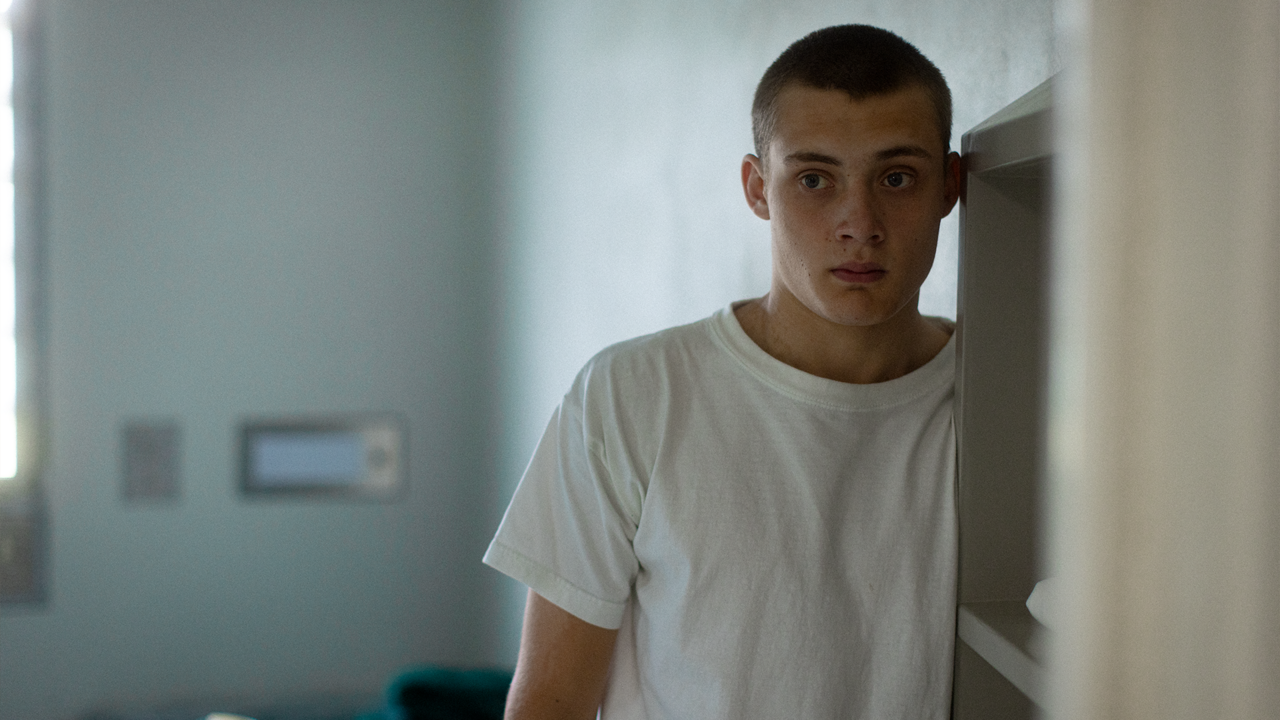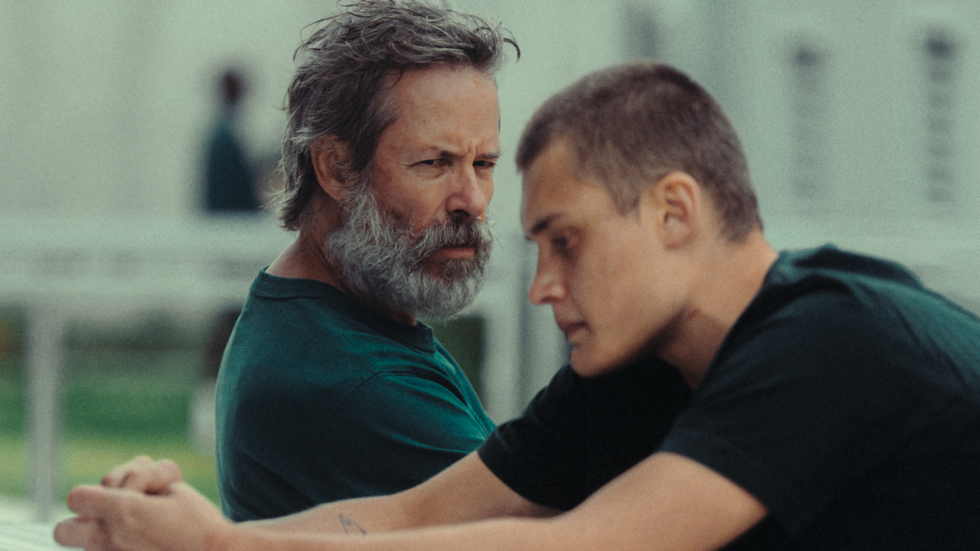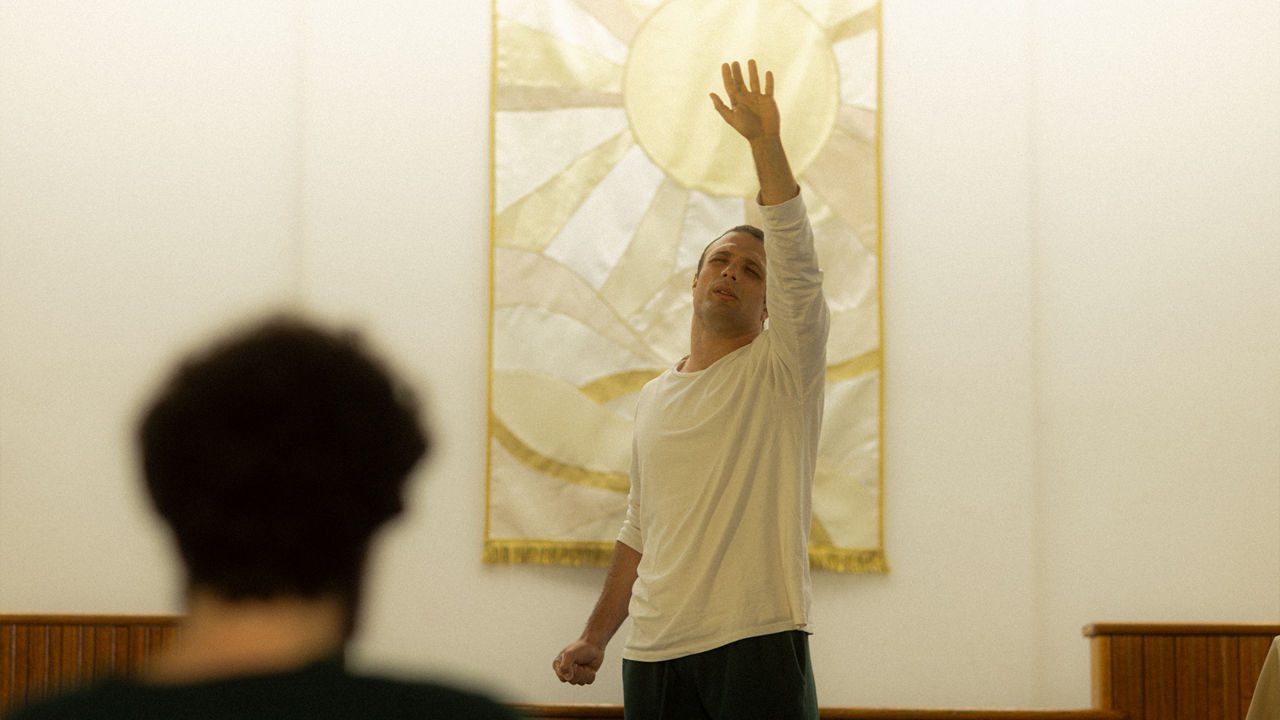Tribeca 2025 | Movie Review: "Inside" Is a Compelling Prison Redemption Story
9/12 ForReel Score | 4/5 Stars
For all of our societal intentions to make prison a rehabilitative experience, the sad fact of the matter is that it is always punitive, and not much else. This shouldn't need saying, but it's well known that the longer we hold people in prison, the greater the chance for psychological conditions to develop and for the long-term cycles of abuse and dehumanisation to become more deeply ingrained in both prisoners and our society at large. Charles Williams' new film Inside takes a close look at these cycles by placing a lens on three inmates in a low-security Australian prison played by Cosmo Jarvis, Guy Pearce, and newcomer Vincent Miller.
Each of the men in this story exemplifies a part of these themes, both shared and individual. Warren (Pearce) is a scruffy older man serving time for violence he committed in the past. His parole is coming up, but he's indebted to other inmates who will get what they're owed one way or another before he leaves. Pearce is one of our most reliable and versatile actors, and Inside is another excellent performance in a run of great performances. He is world weary, but convinced that even the most evil of men have some good inside them, and watching him seek redemption that even he's not sure he deserves is profoundly affecting.
Mel (Miller) is just 17 and on his way to release himself. He's been inside for some time and is absolutely convinced of his unworthiness of redemption, stemming mainly from trauma he inherited from his parents, who quite literally conceived him while his father was incarcerated.
Mark (Jarvis) is the most hated criminal in Australia. Just transferred in from maximum security, where he has been serving time for the rape and murder of a young girl when he was just 13 himself. Jarvis delivers another fiery performance as a man looking for any reason to believe he is not responsible, and turning largely to religion. He delivers sermons and speaks in tongues for small audiences of other inmates, many of whom are just there due to his infamy.
These three men are on different variations of the same path, exploring their responsibility, rehabilitation, and institutionalisation. Warren takes young Mel under his wing at the behest of the Warden to help him keep his head on straight, but also does so because if Mel kills Mark, the bounty they will collect will pay off the debts Warren has accrued during his time inside. All of this eventually comes to a head, of course, but the paths aren't straight lines. The film is far more interested in examining each man's rationalisation and character than deciding if they are moral or not.
The most fascinating of these is Jarvis as a man fanatically devoted to the idea he can be absolved of his childhood sins, and whose mind and soul will be bared on screen, mostly by way of a shocking, upsetting reveal.
The film belongs to Pearce, though, playing the heart of the film as the father figure to Mel, a connection that forges in the absence of a connection with his own son. Late in the film, Warren is given the chance to visit his son on the outside (a film-stealing single scene performance from Toby Wallace), and Pearce conveys all the things Warren realises (and all the things he doesn't) with such empathy as the visit ends in heartbreak.
This is the centre of the film: empathy for these men trapped inside. Yes, of their own doing, but it will leave you questioning the nature of prison and whether we are really rehabilitating these men for a return to society or setting them up for failure. Each of the characters has to confront who they are and whether they are worthy of even the promise of redemption, and has the guts not to offer any easy answers.
Acting and Casting - 2 | Visual Effects and Editing - 1 | Story and Message - 2 | Entertainment Value - 1 | Music Score and Soundtrack - 1 | Reviewer's Preference - 2 | What does this mean?




